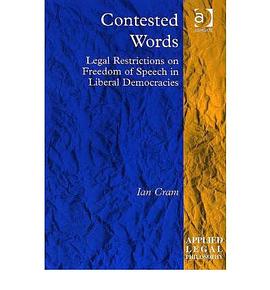

具体描述
‘Structural adjustment’ has been a central part of the development strategy for the ‘third world’. Loans made by the World Bank and the IMF have been conditional on developing countries pursuing rapid economic liberalization programmes as it was believed this would strengthen their economies in the long run. M. Rodwan Abouharb and David Cingranelli argue that, conversely, structural adjustment agreements usually cause increased hardship for the poor, greater civil conflict, and more repression of human rights, therefore resulting in a lower rate of economic development. Greater exposure to structural adjustment has increased the prevalence of anti-government protests, riots and rebellion. It has led to less respect for economic and social rights, physical integrity rights, and worker rights, but more respect for democratic rights. Based on these findings, the authors recommend a human rights-based approach to economic development.
作者简介
目录信息
读后感
评分
评分
评分
评分
用户评价
相关图书
本站所有内容均为互联网搜索引擎提供的公开搜索信息,本站不存储任何数据与内容,任何内容与数据均与本站无关,如有需要请联系相关搜索引擎包括但不限于百度,google,bing,sogou 等
© 2026 book.wenda123.org All Rights Reserved. 图书目录大全 版权所有




















